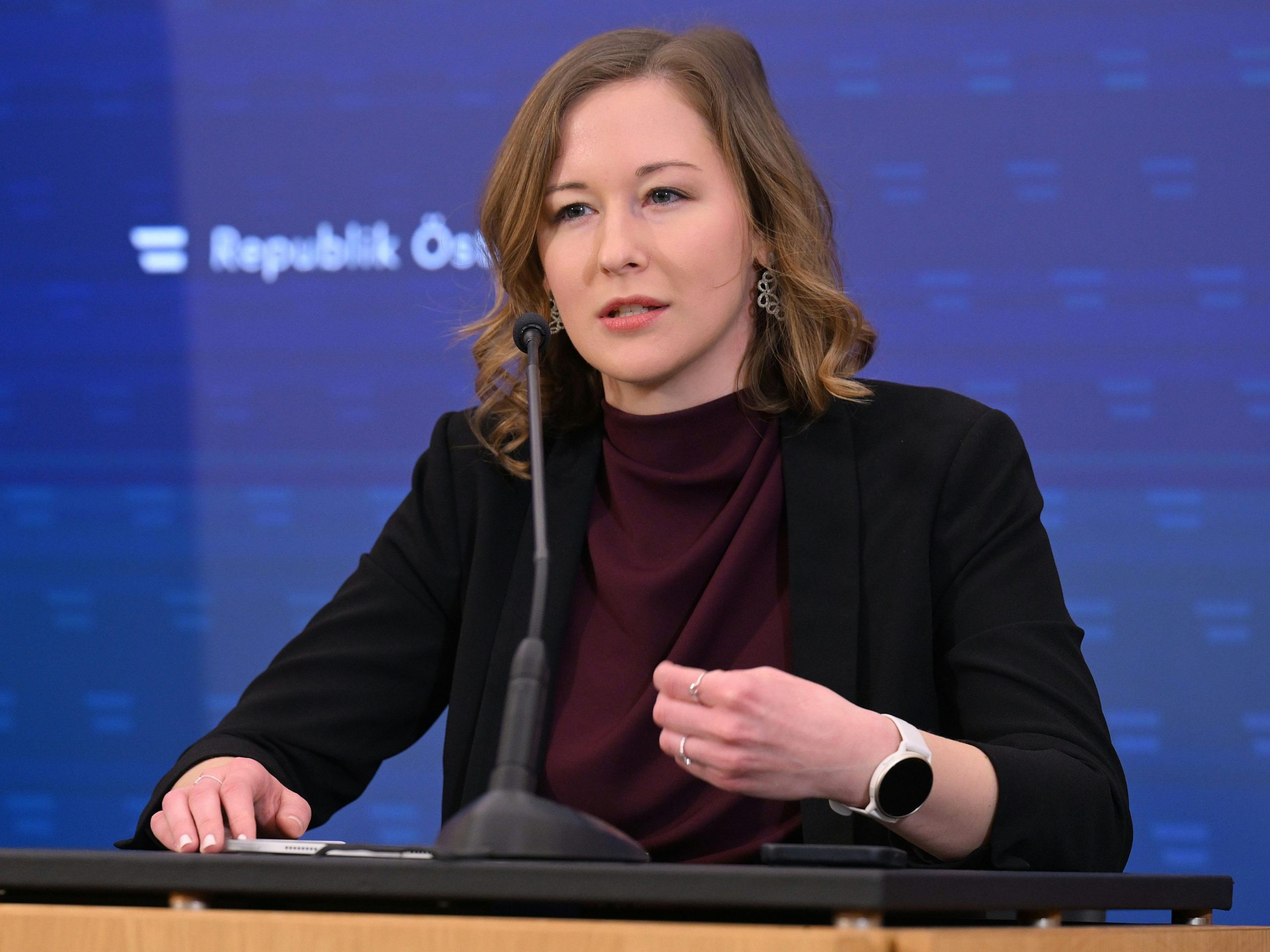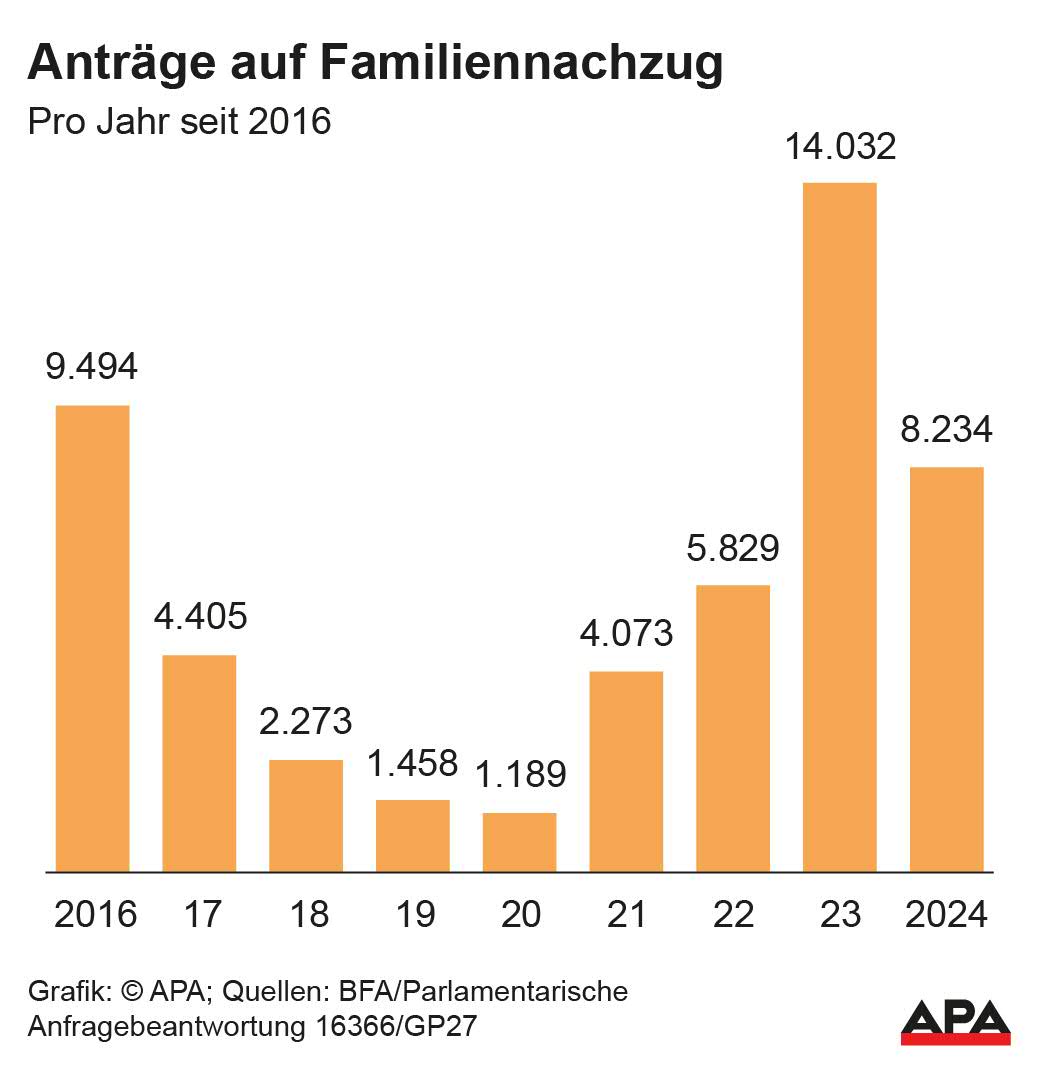Family Reunification Stop: Government Initiated Proposal in Asylum Law

It is intended that the government will have the opportunity to temporarily suspend applications for family reunification by decree. The pause is set to begin in mid-May of this year.
Specifically, it is still possible to submit an application for entry for the purpose of applying for family reunification at the respective representative authority. However, the further course of the procedure and the deadlines contained therein are generally suspended until the decree is withdrawn or amended.
Pausing Family Reunification: Exceptions Provided
However, exceptions are provided in cases where this is required by European law. This would be the case, for example, for individuals whose German language skills are so good that no additional burden on the systems is expected. Furthermore, the explanations to the draft law specify, for example, children who do not have adequate caregivers in their country of origin and can thus follow their parents. The same applies to children and adolescents who have traveled ahead, whose parent in the country of origin is the only available caregiver.
It is ensured that minors in Austria do not reach adulthood due to the suspension of the procedures, which would prevent their parents from following later. Here, the age at the time of application applies.
Pause on Family Reunification: Asylum System "at the Limit of Capacity"
"We are at the limit of capacity here, and that is why we are pressing the stop button," explained Integration Minister Claudia Plakolm (ÖVP) once again after the government meeting, regarding the government's plan from ÖVP, SPÖ, and NEOS in the asylum sector. The goal is to protect the systems from further overload, according to the official explanation also to the EU Commission. Above all, the school system is reaching its limits due to the influx of partially illiterate refugees.

According to Plakolm, Austria is allowed to deviate from EU asylum law with the application and a corresponding regulation. The new special regulation can be made applicable by regulation of the federal government in agreement with the main committee of the National Council in the event of an overload of the systems and will be introduced with a time limit until the end of September 2026. Accompanying this, a quota system is to be developed to limit the extent of family reunification in the future.
Reactions Vary
For FPÖ General Secretary Michael Schnedlitz, the government's application means the "stop of family reunification is now officially canceled." It already provides instructions on how the regulation can be circumvented by invoking the right to private and family life. Furthermore, with the time limit until the end of September 2026, a new wave of immigration is already foreseeable. "Asylum law must generally be disabled for all persons who have crossed a safe third country on their alleged escape." ÖVP General Secretary Nico Marchetti promptly rejected this. The government has simply presented "serious and sustainable solutions for migration" that are in line with the constitution and human rights.
Green Party education spokesperson Sigrid Maurer identified a misalignment of topics. "What the federal government has presented will not help a single child, a single teacher, or a single parent." Instead of the best education, children are getting politicians who "evade responsibility with populist headlines and tightly shut eyes."
Criticism also came from NGOs. The Red Cross urged the government not to lose sight of humanity. Family reunification is a human right, and behind the discussed numbers and statistics are the fates of people who have had to leave their homes due to war, suffering, and destruction, reminded President Gerald Schöpfer. Successful integration is only possible if the affected families live in a safe environment.
A coalition of organizations from Caritas and Volkshilfe to the Asylum Coordination and the Scouts also called on the government for a "human rights-compliant and constructive policy." Denying families the prospect of reunification does not solve problems but only creates more. Furthermore, Austria is not in a national emergency that would legitimize the breach of European legal obligations. It is indeed a problem that, for example, in some primary schools, many children do not speak enough German to follow the lessons. However, the majority of these children were born in Austria and have nothing to do with family reunification.
(APA/Red.)
This article has been automatically translated, read the original article here.





